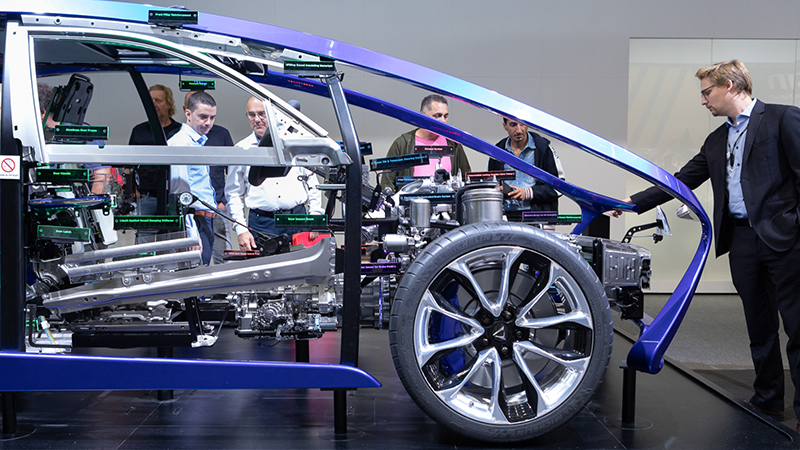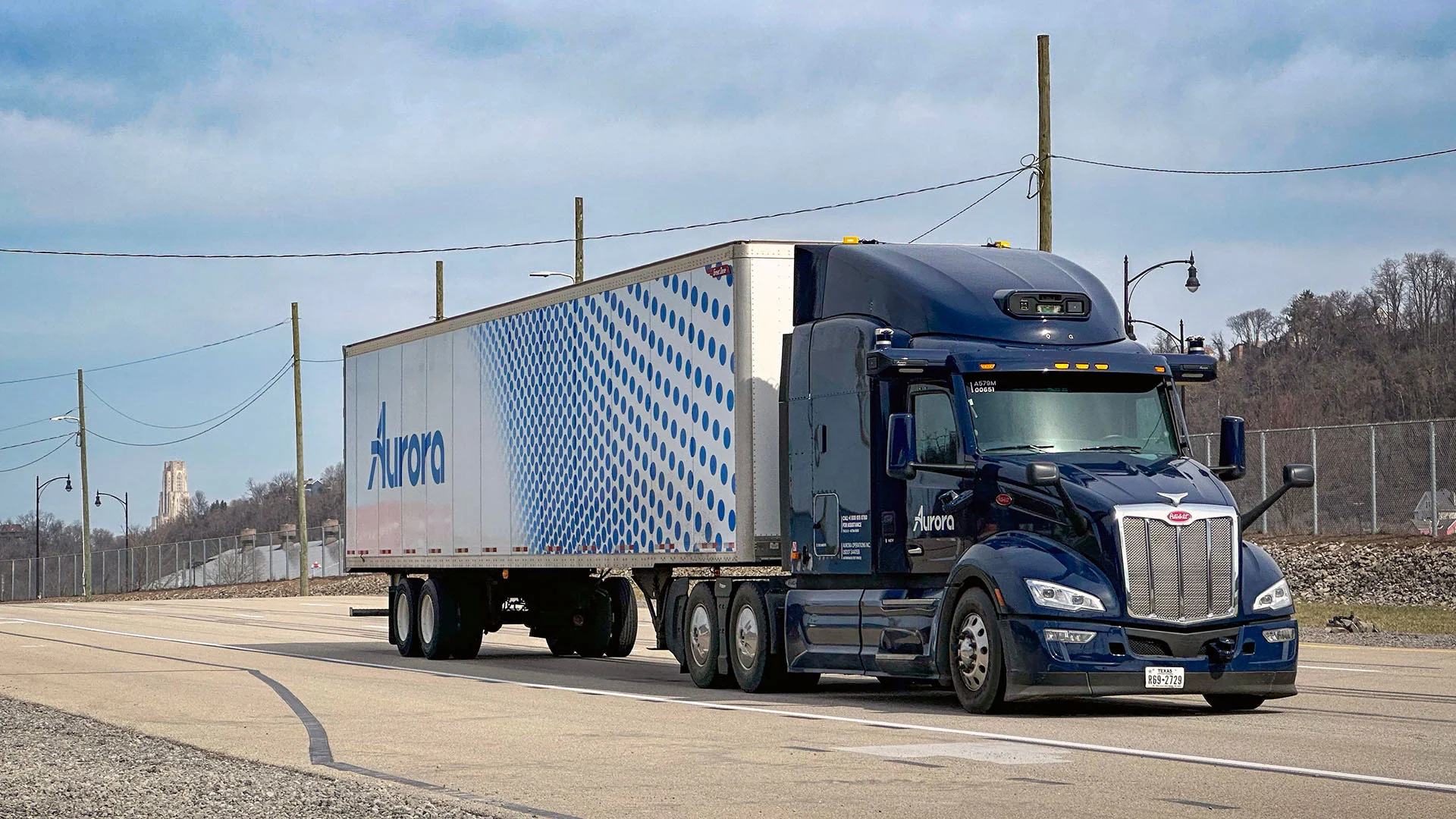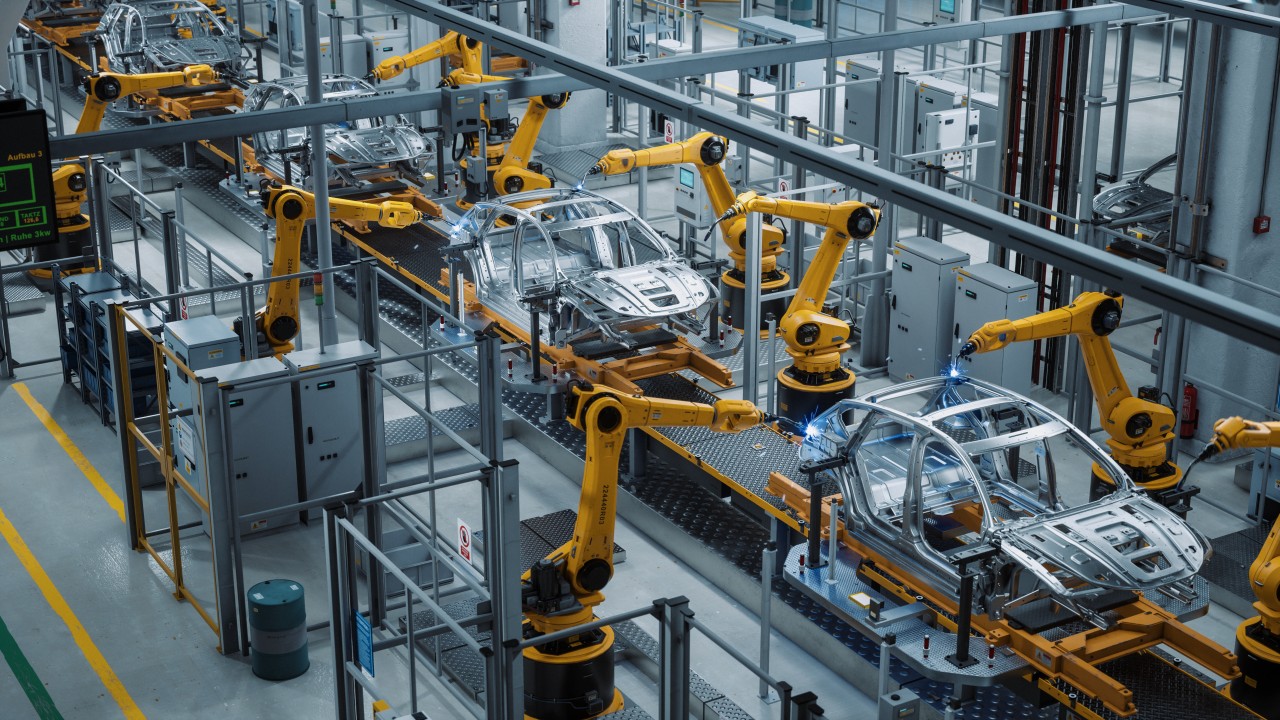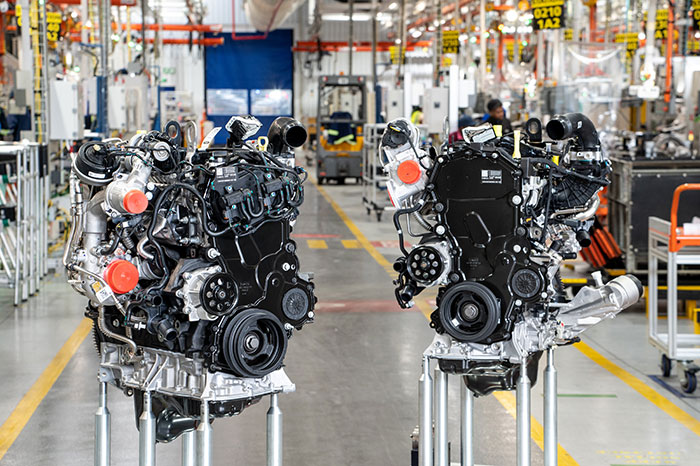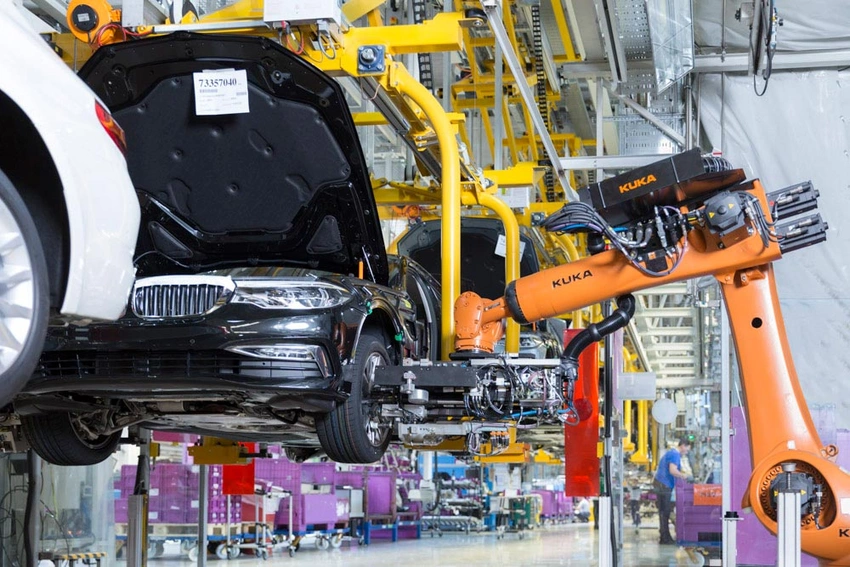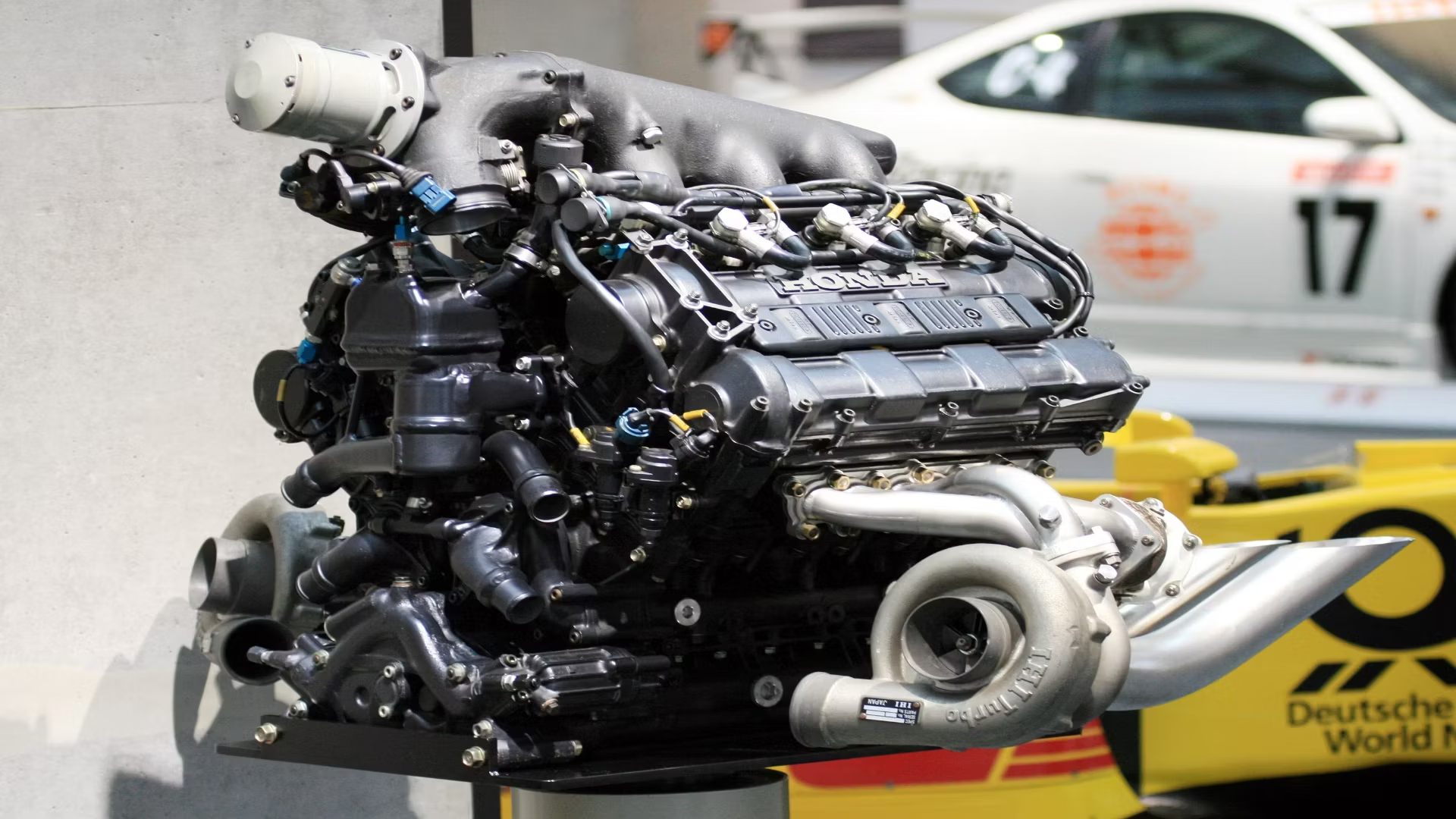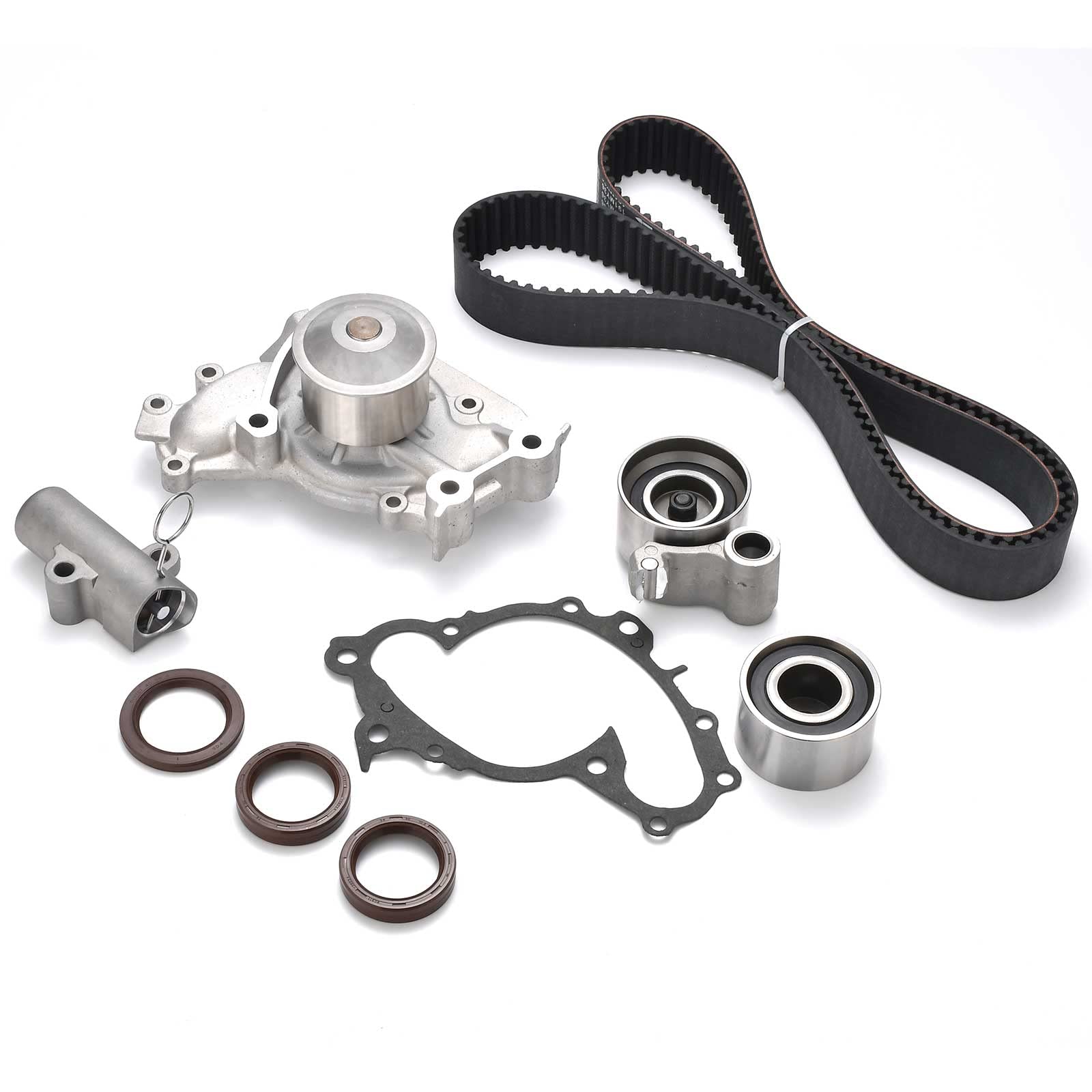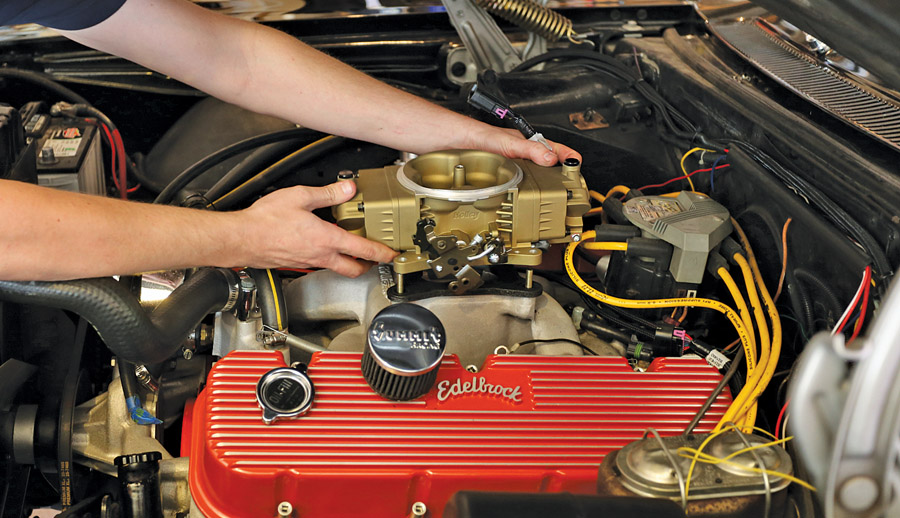0102030405
Ford's Next-Generation Engines: Powering Innovation and Efficiency
2024-06-20 10:26:14
Introduction
In the competitive landscape of the automotive industry, engine technology plays a pivotal role in shaping the performance, efficiency, and appeal of vehicles. As one of the world's leading automakers, Ford has a long history of engineering excellence, continuously pushing the boundaries of innovation to deliver engines that meet the evolving needs of consumers. With the unveiling of its next-generation engines, Ford is poised to set new benchmarks in power, efficiency, and sustainability. This article explores Ford's latest engine innovations and their implications for the future of automotive technology.
Ford's Legacy of Engineering Excellence
Ford has a storied legacy of engineering innovation, dating back to the iconic Model T and the introduction of the moving assembly line. Over the decades, Ford has continued to innovate and evolve, pioneering advancements in automotive technology that have reshaped the industry.
From the legendary Ford Flathead V8 to the groundbreaking EcoBoost lineup, Ford has consistently delivered engines that combine performance, reliability, and efficiency. With a focus on innovation and customer satisfaction, Ford remains at the forefront of automotive engineering, driving progress and setting new standards for excellence.
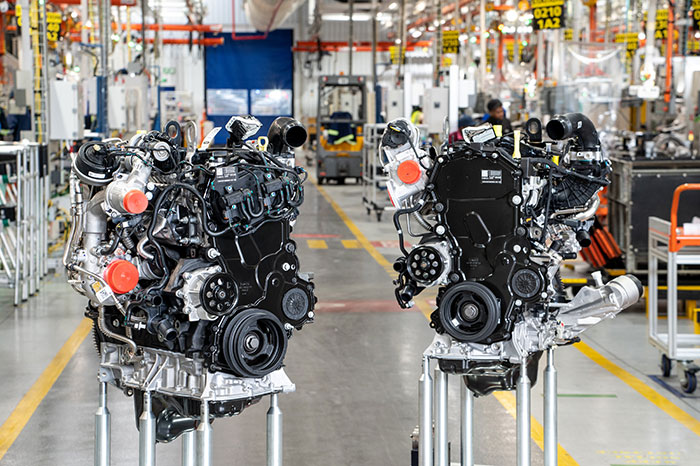
The Evolution of EcoBoost Technology
At the heart of Ford's engine lineup lies EcoBoost technology, a revolutionary approach to turbocharged gasoline engines that delivers exceptional power and efficiency. Since its introduction, EcoBoost engines have become synonymous with performance and innovation, powering a wide range of Ford vehicles, from compact cars to full-size trucks.
The latest iteration of EcoBoost technology builds upon this legacy, incorporating advanced features and enhancements to further optimize performance and fuel efficiency. With improved turbocharging, direct fuel injection, and variable valve timing, the new EcoBoost engines deliver exhilarating acceleration and responsive power delivery while maximizing fuel economy and reducing emissions.
Hybrid and Electric Innovations
In addition to advancing traditional internal combustion engines, Ford is also investing heavily in hybrid and electric powertrains to meet the growing demand for sustainable mobility solutions. The introduction of hybrid and electric vehicles represents a significant shift in Ford's product strategy, reflecting its commitment to environmental stewardship and technological innovation.
Ford's hybrid and electric offerings leverage cutting-edge battery technology, regenerative braking systems, and electrified drivetrains to deliver impressive performance, range, and efficiency. From the Ford Mustang Mach-E to the upcoming all-electric Ford F-150 Lightning, these vehicles showcase Ford's dedication to electrification and its vision for a greener, more sustainable future.

Focus on Efficiency and Performance
Ford's next-generation engines are engineered to strike the perfect balance between efficiency and performance, offering drivers a driving experience that is both exhilarating and environmentally responsible. Through continuous research, development, and testing, Ford's engineers are fine-tuning engine designs and optimizing powertrain configurations to deliver maximum power output with minimal environmental impact.
The adoption of lightweight materials, advanced aerodynamics, and innovative engine management systems further enhances efficiency and performance, allowing Ford vehicles to achieve impressive fuel economy ratings without sacrificing power or capability. Whether cruising on the highway or tackling off-road terrain, Ford's next-generation engines deliver the performance and confidence that drivers expect from the Blue Oval.
Implications for the Future
Ford's investment in next-generation engines reflects its commitment to staying at the forefront of automotive innovation and addressing the evolving needs of consumers. By embracing new technologies, expanding its electrified lineup, and optimizing traditional powertrains, Ford is positioning itself for success in a rapidly changing automotive landscape.
Moreover, Ford's engine innovations have broader implications for the industry, influencing trends, standards, and consumer preferences. As other automakers follow suit and invest in similar advancements, the automotive industry as a whole stands to benefit from improved efficiency, reduced emissions, and enhanced performance.
Conclusion
Ford's next-generation engines represent a continuation of the company's legacy of engineering excellence and innovation. With a focus on performance, efficiency, and sustainability, these engines set new benchmarks for the industry and reinforce Ford's position as a leader in automotive technology.
As Ford continues to push the boundaries of innovation and expand its lineup of electrified vehicles, the future looks bright for the Blue Oval. With next-generation engines powering its vehicles, Ford is poised to deliver an unparalleled driving experience that combines exhilarating performance with environmental responsibility, shaping the future of mobility for generations to come.

